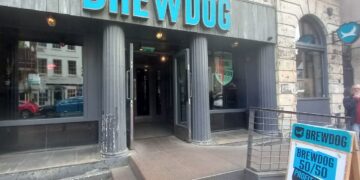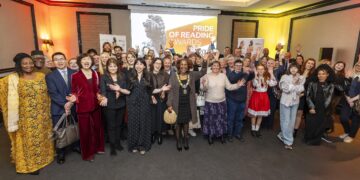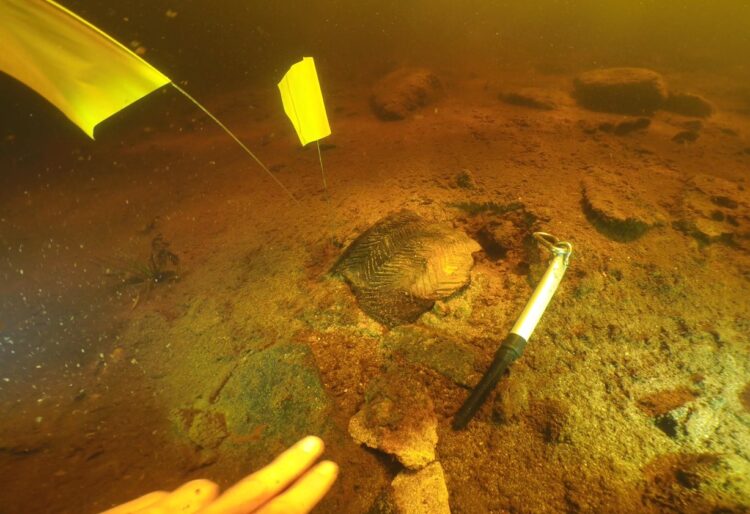STONE AGE Britain may have seen humans enjoy a bowl of porridge or cereal, archaeologists have discovered.
A project led by the University of Bristol, which included staff from the University of Reading, used chemical analysis to uncover new insights into Neolithic Britain, between 4000 and 2000 BC.
The Department of Archaeology’s Prof Duncan Garrow said: “This research, undertaken by our colleagues at the University of Bristol, has hugely improved our knowledge of these sites in many exciting ways.
“We very much look forward to developing this collaborative research going forwards.”
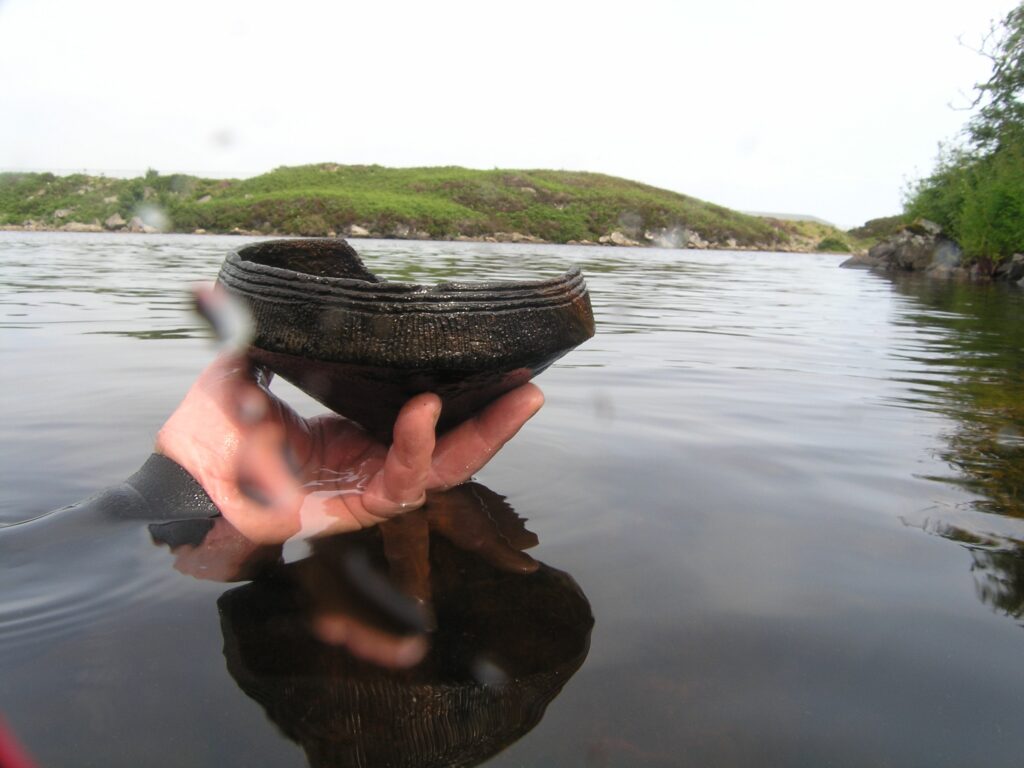
The team investigated well-preserved pottery found in the waters surrounding artificial islands called crannogs in Scotland.
Their methods allowed them to identify the ingredients in what were probably early forms of porridge, gruel and stew.
During analysis, biomarkers for cereals, including wheat, were detected in one third of excavated cooking pots.
Fatty residues found alongside these markers indicated that they may have been cooked with milk, and sometimes even with meat.
They also discovered people visiting these crannogs used smaller pots to cook cereals with milk, and larger pots for meat-based dishes.
The findings are reported today in the Nature Communications journal.
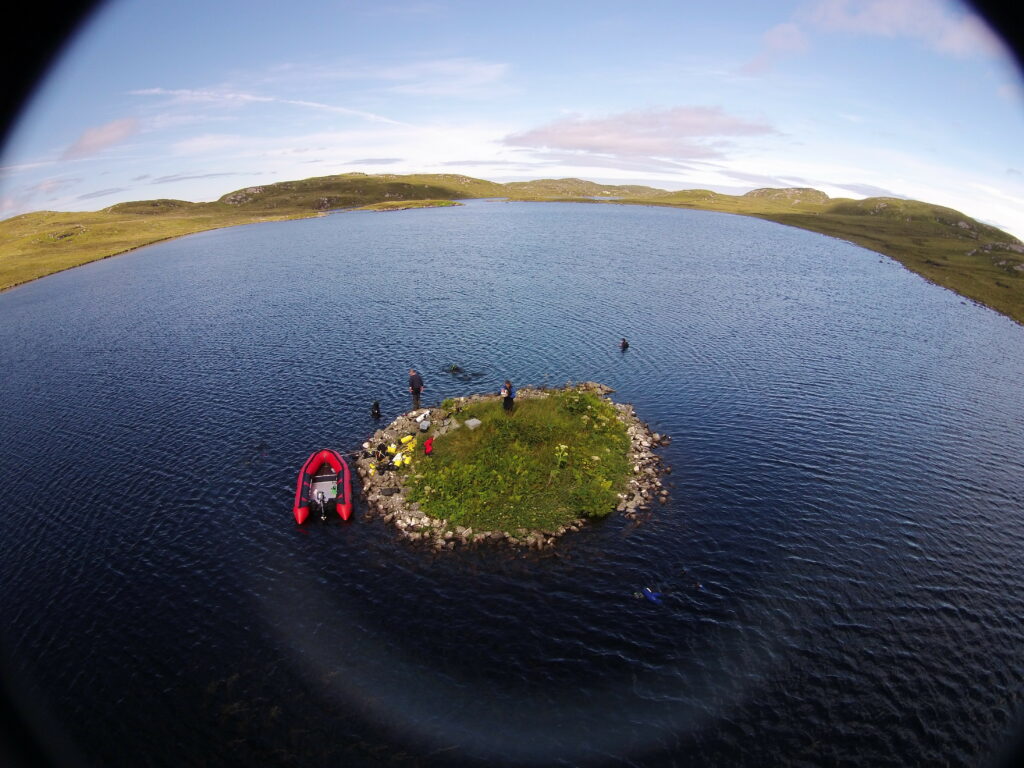
They indicate wheat was cooked in pots, even though the limited evidence from charred plant parts in this region of Atlantic Scotland points mainly to barley.
Experts suspect this could be because wheat is underrepresented in charred plant remains, due to the alternative practice of boiling the grain in stews and gruel.
Crannog sites in the Outer Hebrides are currently the focus of the four-year arts and humanities research council-funded Islands of Stone project.
Directed by two of the paper’s authors Duncan Garrow, University of Reading, and Fraser Sturt, University of Southampton, along with Angela Gannon from Historic Environment Scotland.







